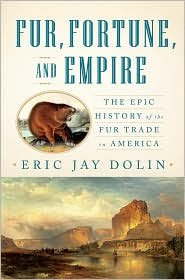Dennis Lehane
Dennis Lehane was born and raised in Dorchester, Massachusetts. His novels include A Drink Before the War; Darkness, Take My Hand; Sacred; Gone, Baby, Gone; Prayers for Rain; Mystic River; Shutter Island; The Given Day; and the newly released Moonlight Mile.
Before becoming a full-time writer, Lehane worked as a counselor with mentally handicapped and abused children, waited tables, parked cars, drove limos, worked in bookstores, and loaded tractor-trailers. He lives in the Boston, Massachusetts, area.
From a Q & A at his publisher's website:
Q: Who or what has most influenced your writing?Read about Dennis Lehane's five favorite short story collections and his five most important books.
A. Graham Greene and Richard Price were both hugely influential on me. Elmore Leonard's Detroit novels and Parker's Spenser books certainly also had an effect. There are two short story writers — Raymond Carver and Andre Dubus — also set bars I keep trying to reach as well.
Q: Have you worked at jobs other than writing?
A. I've had a million jobs. But from the moment I said I was going to take this seriously, there was no other career track. I was not going to use writing for advertising or journalism. I would tend bar, load trucks, chaffeur — do whatever it took. But from the moment I took my first writing workshop, I was a writer. Whether I got published or not was really irrelevant. Whether I got good was what mattered.
Q: What are your hobbies or favorite pastimes?
A. I'm a pretty boring guy. I love to write, so it rarely seems like work — even when it gets arduous. As for hobbies, I like to play pool and tennis. I sort of play golf because a lot of my friends are into it, but I'm awful — my handicap is about six or seven thousand. I play poker a lot with guys I grew up with, and occasionally go out to catch live music in small clubs. My wife Sheila and I watch a lot of old movies and play with our two English Bulldogs, Marlon and Stella. Outside of a serious addiction to....[read on]
--Marshal Zeringue





























